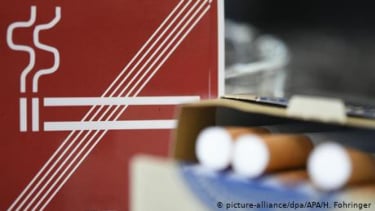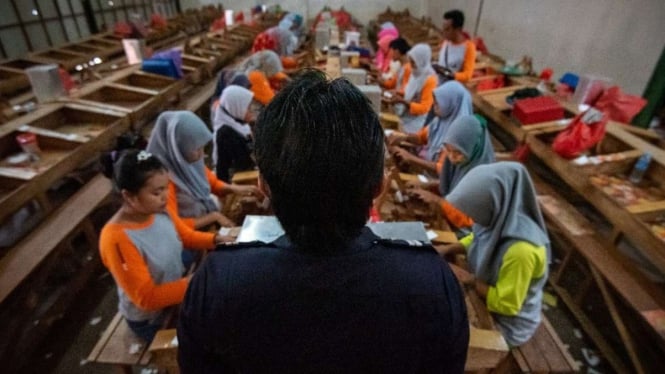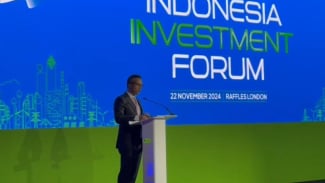Tobacco Workers Union Protests Against Cigarette Excise Hike
- Dokumentasi Bea dan Cukai, Kementerian Keuangan.
Jakarta, VIVA – The wave of layoffs continues to threaten labor-intensive industries such as manufacturing, garments, and textiles.
Amidst weakening consumer purchasing power, government policies that do not favor the industry will only worsen the situation.
The General Chairperson of the Federation of Tobacco, Food, and Beverage Workers' Unions (FSP-RTMM), Sudarto, warned that the threat of layoffs is not only limited to these sectors.
It also threatens the Tobacco Industry (IHT), which has been one of the largest employers in Indonesia.
Tembakau kering yang dilinting untuk menjadi rokok di pabrik.
- VIVA/ Yeni Lestari.
"Labor-intensive industries that can create jobs and absorb a large workforce should be maintained and protected by sound policies," said Sudarto in his statement on Tuesday (Sept 17).
According to him, the tobacco industry (IHT), which has been a source of livelihood for workers, is now under immense pressure from various policies and regulations aimed at crippling the IHT.
For example, the significant increase in excise taxes included in Government Regulation 28/2024 and the Draft Regulation of the Minister of Health (RPMK).
"In fact, under the current conditions, state revenue targets are not being met, and illegal cigarettes are growing," he stated.
He added: "Meanwhile, legal cigarettes are being squeezed by tighter regulations and decreasing consumer purchasing power. As a result, legal cigarette businesses may collapse, unable to compete with illegal cigarettes,"
Sudarto emphasized that the planned increase in cigarette excise taxes in 2025 has the potential to increase unemployment in Indonesia.
The IHT is a labor-intensive sector that involves millions of workers across various levels, from tobacco farmers to factory workers and small traders.
Therefore, the FSP-RTMM firmly rejects the planned cigarette excise increase in 2025.
"We appeal for no increase in cigarette excise taxes in 2025. Such an increase will only bring uncertainty to the IHT, including the potential for layoffs and worsening the already dire economic conditions of workers, especially with the recent enactment of Government Regulation 28/2024," he explained.
Then he stated that every year, the IHT is constantly on alert due to the threat of excise increases, affecting all segments of the industry, from machine-made cigarettes to hand-rolled kretek cigarettes.
"If the government and other relevant parties understand this, there should be no excise increase next year," he concluded.



































